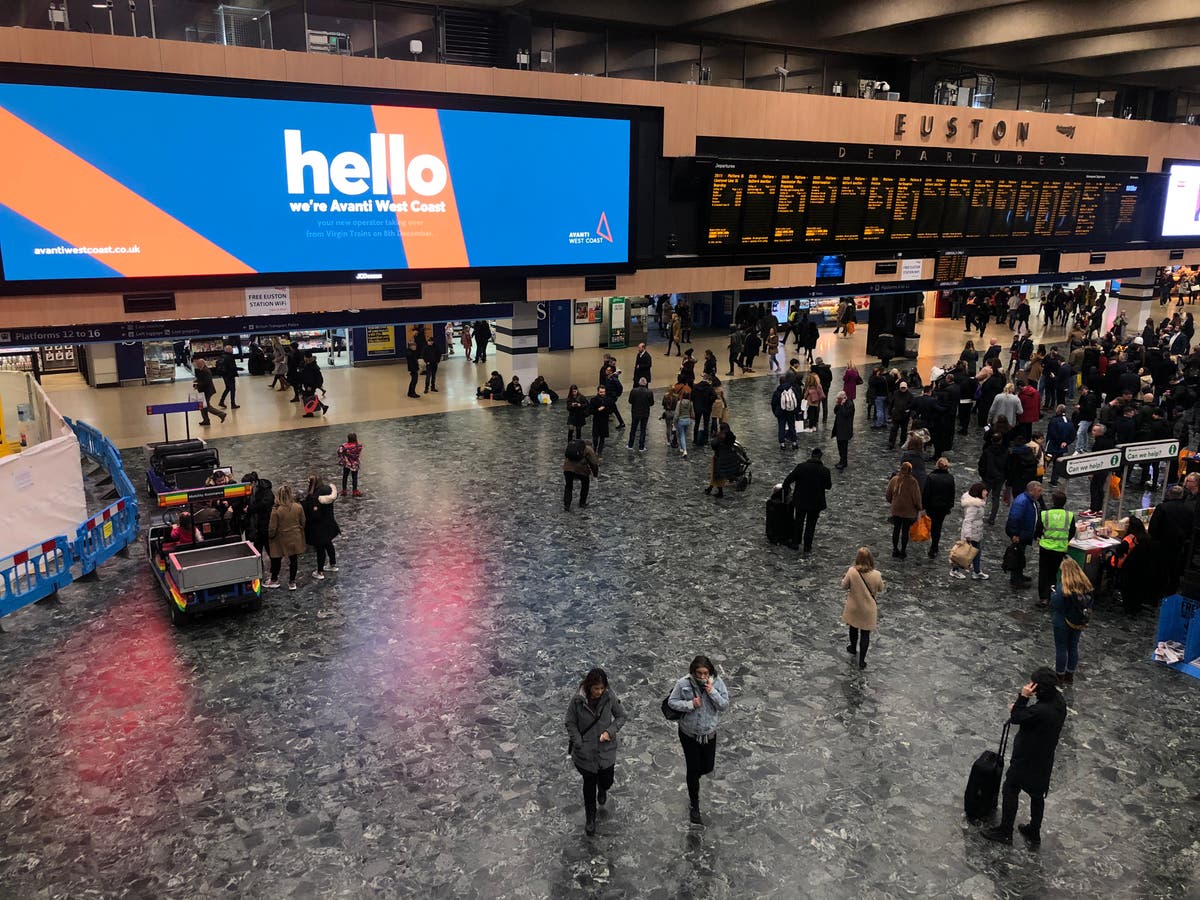This website uses cookies so that we can provide you with the best user experience possible. Cookie information is stored in your browser and performs functions such as recognising you when you return to our website and helping our team to understand which sections of the website you find most interesting and useful.

Rail commuters and leisure passengers face yet more disruption, with drivers working for a dozen train operators set to strike again in a dispute over pay.
On Thursday 15 September train driver members of the Aslef union will walk out, triggering the cancellation of thousands of trains across Great Britain.
It will involve more rail firms and drivers than the most recent strike on 13 August.
Half of the affected train operators are mainly intercity companies: Avanti West Coast, CrossCountry, Great Western Railway, Hull Trains, LNER and TransPennine Express.
The remaining six are largely commuter and shorter-distance operators: Chiltern Railways, Greater Anglia, London Overground, Northern, Southeastern and West Midlands Trains.
Mick Whelan, general secretary of Aslef, said: “We regret that, once again, passengers are going to be inconvenienced.
“We don’t want to go on strike. Withdrawing our labour, although a fundamental human right, is always a last resort for a trade union – but the train companies have forced our hand.
“They want train drivers to take a real terms pay cut – to work just as hard this year as last, but for 10 per cent less. Because inflation is now in double figures and heading higher – much higher, according to some forecasts – and yet the train companies have offered us nothing.
“And this for train drivers who kept Britain moving – key workers and goods around the country – throughout the pandemic and who have not had an increase in salary since 2019.
“We want the companies – which are making big profits, and paying their chief executives enormous salaries and bonuses – to make a proper pay offer to help our members keep up with the increase in the cost of living.
“That’s why we are calling on the companies today to do the right thing – the decent thing – and come back to the negotiating table with an offer our members can accept.”
A Department for Transport (DfT) spokesperson said of the strike action: “For the ninth time this summer, union leaders are choosing self-defeating strike action over constructive talks, not only disrupting the lives of millions who rely on these services but jeopardising the future of the railways and their own members’ livelihoods.
“These reforms deliver the modernisations our rail network urgently needs, are essential to the future of rail, and will happen; strikes will not change this.”
When Aslef announced its August strike, the transport secretary, Grant Shapps, tweeted: “Train drivers already earn almost 60k but clearly that’s not enough for Aslef bosses, who have called more strikes designed to hurt the people they claim to stand for, and who on average earn far less.
“Taxpayers gave £600 p/household to the railway during Covid and deserve better.”
During the previous strike, some train operators – including LNER and Great Western – ran a skeleton service, while others such as Southeastern and London Overground cancelled all trains.
Several leading operators including South Western Railway, Southern, Thameslink, ScotRail, Transport for Wales and Merseyrail are unaffected.
Two “open access” operators on the East Coast main line, Grand Central and Lumo, will run as normal but are expected to be extremely busy.
Eurostar international trains from London to Paris, Brussels and Amsterdam are unaffected.
Another rail union, the white-collar TSSA, is calling a strike of its members working for Network Rail and nine train operators on 26 and 27 September.
The ongoing dispute with train drivers is affecting passengers on Avanti West Coast, which is running a reduced timetable until 11 September at the earliest. The biggest reductions are on services linking Birmingham and Manchester with London – cut to just one train an hour rather than three.
The train operator blames “the current industrial relations climate which has resulted in severe staff shortages in some grades through increased sickness levels, as well as the majority of drivers making themselves unavailable for overtime in a co-ordinated fashion, and at short notice”.
Aslef says Avanti should recruit more train drivers.



 Africana55 Radio
Africana55 Radio 
